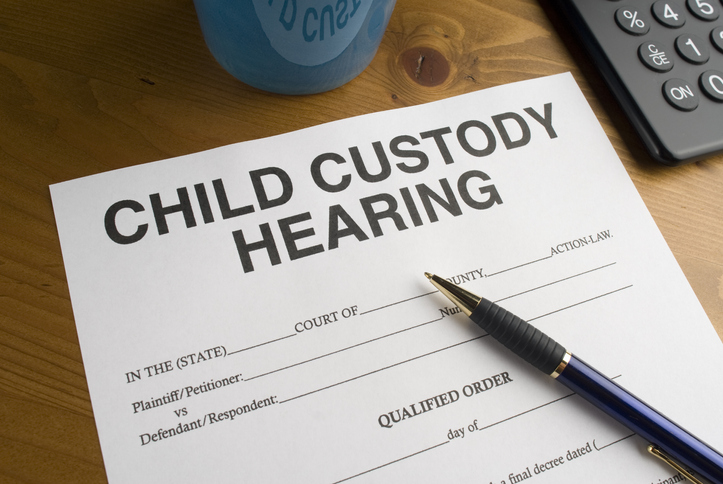Questions You Will Need to Answer at a Child Custody Hearing

New York courts hold child custody hearings when parents cannot reach agreements on parenting plans. The hearing can be monumentally stressful, since emotions are likely to run high where parent-child relationships are involved. Going over the questions you are likely to be asked — and knowing your answers — may provide you with valuable peace of mind.
The judge’s ultimate goal is to create child custody and visitation orders in the best interest of the child. As such, your conduct and fitness as a parent will be under scrutiny. The judge may ask such questions at the hearing as:
- How do you currently manage childcare? — The judge will want to know where the child currently lives, how parenting time is split and what arrangements are in place for taking care of the child. If the current arrangement between you and the other parent is not working for one or both of you, it will be important to explain why. If any part of the arrangement works well, the judge should be made aware of this.
- How are your finances? — If you are seeking physical custody of your child, you will need to be able to show that you can provide them with basic needs such as shelter and food. The court will also need to know about your income and other assets to determine the amount of child support appropriate for you to pay or receive.
- Do you want joint or sole custody? — Family courts typically prefer to grant joint custody, enabling the child to have a substantial relationship with each parent. If you believe sole custody would be in the best interest of your child, be prepared to present evidence showing why joint custody would be harmful.
- What type of parenting time arrangement do you want? — A visitation schedule created for parents with joint custody should fit the needs of the child and parents. If you hope to spend time with your child on certain days, holidays or occasions, express your preference in the hearing.
- How do you get along with your child’s other parent? — Joint custody agreements work best when parents can communicate constructively and amicably. This may be a hurdle in your relationship with your child’s other parent if you were not able to settle custody outside of court. Though parents who share custody should expect each other to consistently follow the terms of a court order, it is inevitable that minor changes will need to be made to the parenting schedule when unavoidable events and important opportunities come up in the lives of parents and children. Demonstrating willingness and ability to treat each other with respect when challenges arise reflects positively in family court.
The family law attorneys at Bryan L. Salamone & Associates, P.C., in Melville, New York have significant experience assisting Long Island parents with child custody disputes. To schedule your free legal consultation, call 1.631.479.3839 or contact us online.





